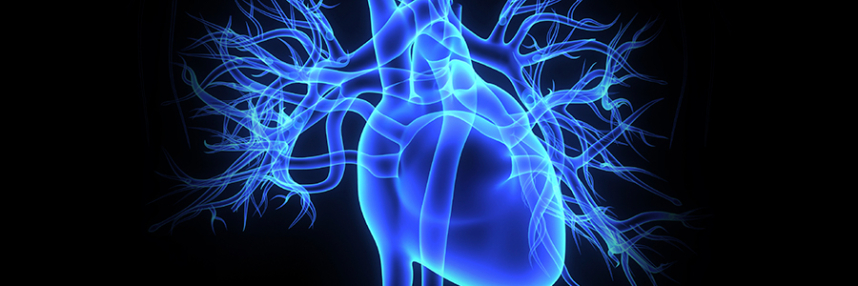How can genomics combat doxorubicin-induced cardiotoxicity?
This week, we examine the role that genomics could play in reducing the number of child cancer patients who experience doxorubicin-induced cardiotoxicity
Paediatric cancer is less common than adult cancer, and survival rates are higher than for most adult cancers: on average, over 8 in 10 children can now be treated successfully. However, as children’s bodies are still growing, the long-term side effects of cancer treatment are of greater concern than in adults, with certain treatments found to cause or contribute to significant problems later in life.
What is doxorubicin-induced cardiotoxicity?
Doxorubicin is a chemotherapy drug that is used primarily in childhood cancers and breast cancer. It is highly effective in slowing the growth of cancer cells, but it has unpleasant and sometimes dangerous side effects.
One of the most serious side effects is cardiotoxicity: damage to the heart cells. This can result in heart swelling, can affect how well the heart pumps blood and can result in congestive heart failure serious enough to require a transplant.
About 10% of child patients treated with doxorubicin who survive cancer will develop heart failure within the following 30 years. The chances of experiencing cardiotoxicity are known to be affected by the total amount of doxorubicin received by the patient: the higher the dose, the greater the risk that the patient will have heart problems later. However, there are also genetic risk factors at play.
What role do gene variants play?
For years, research has focused on the link between genes and childhood risk of doxorubicin-induced cardiotoxicity. A single-letter mutation in a gene called RARG has been associated with increased risk of cardiotoxicity since 2015; meanwhile, other studies have identified a variant in a non-coding part of the SLC28A3 gene that affects its expression and appears to have a protective effect against heart damage.
Most recently, a study looking at the whole genomes of childhood cancer survivors discovered a genetic variant in chromosome 6 that affects the regulation of a gene called KCNK17. People who carry one copy of the variant were found to be three times more likely to develop cardiac problems after being treated with doxorubicin than people who do not carry the variant. In people with two copies of the variant, the risk is nine times greater.
Personalised medicine
The NHS Genomic Medicine Service is committed to offering whole genome sequencing to all children with cancer, and is therefore well placed to evaluate the findings of these studies and incorporate screening for the relevant variants into cancer care pathways.
In some cases, it may be possible to offer alternative chemotherapies to people at higher risk of cardiotoxicity; however, doxorubicin is often a drug of last resort, used when other, safer options have failed. As such, research is ongoing into ways of reducing doxorubicin-induced cardiotoxicity in patients for whom there is no alternative chemotherapy drug.
For patients with the RARG mutation, studies looking at human heart cells in vitro have shown that a drug called CD1530, when administered alongside doxorubicin, can have a protective effect on heart cells without reducing the effectiveness of the chemotherapy. The researchers from this study are currently attempting to develop a clinical trial in order to test the approach in patients; should the trial be a success, the use of CD1530 to treat patients with the RARG mutation would need to involve genetic testing, because the protective effect of the drug will only work on people with that specific mutation.
Research has also been conducted into the SLC28A3 gene, which is only expressed in heart cells and codes for a protein that helps bring doxorubicin into the cell. One study in particular has shown that an existing drug called desipramine inhibits the importation of doxorubicin into heart cells, meaning that it protects against doxorubicin-induced cardiotoxicity without hindering doxorubicin chemotherapy efficiency. This has the potential to help a wider group of patients than CD1530, because it is not dependent on the presence of a specific gene variant. A clinical trial is planned to test the approach in patients.
Although researchers admit that neither desipramine nor CD1530 is an ideal drug for children, there is compelling evidence that their side effects may be preferable to those caused by doxorubicin. Further clinical trials are currently in development to fully test these and other drugs in paediatric cancer patients.
–









